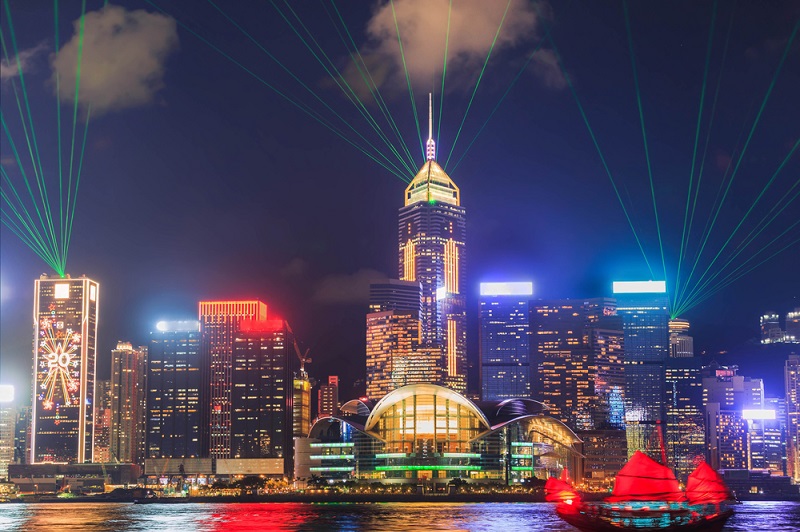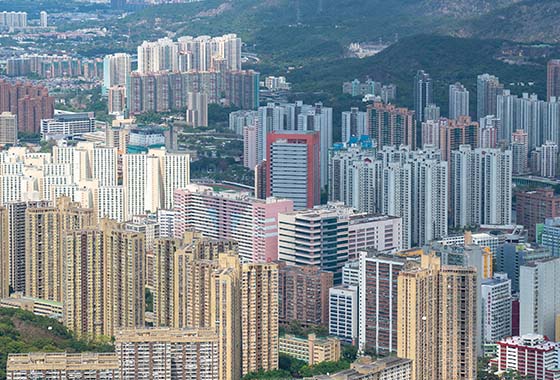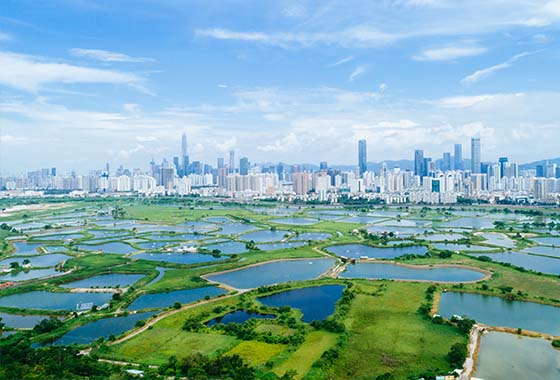How land reclamation can give Hong Kong’s creative and cultural industries some breathing room
This article appeared originally in the South China Morning Post on 7 October,2018.
Authors: Rebecca Lee Lok-sze, Founder of the Polar Museum Foundation

As a culture and creativity advocate, I believe that with sufficient land supply Hong Kong will be all set to cultivate our cultural and creative industries.
Since my first adventure to Antarctica in the 1980s, fostering green education for the next generation and launching a polar museum has been a calling of mine. Sadly, after years of pursuit, I was unable to find a venue to showcase “polar treasures”. Tertiary institutions, non-profit organisations, if not property developers, failed to provide us with such space. During my search, some precious exhibits were given to the Polar Ocean Museum in Dalian and exhibited in Sanshui, my hometown in Guangdong.
Eventually, a piece of land at Chinese University was allocated for polar research and the Jockey Club Museum of Climate Change was opened in December 2013. My 26-year wait for the museum ended at that point. However, tens of thousands of art and culture workers are still waiting for their “stage”.
With land supply in Hong Kong virtually unchanged, finding venues for culture and art development has become extremely difficult. Given this situation, I see merit in Our Hong Kong Foundation’s recent proposal for an “enhanced East Lantau metropolis” that could be created by reclaiming 2,200 hectares of land. In the proposed artificial island, sufficient amount of land should be reserved for fostering the development of the cultural and creative industries.
_3.jpg)
Controversies are, however, unavoidable in creating land to meet the demand of different industries. For example, developing brownfield land would require compensation for and resettlement of land owners and users, and the relocation of existing operations such as the logistics industry. Resumption of private land by the government inevitably involves legal complications. Reclamation requires consideration of the impact on ocean habitat and the environment.
While all these options will have different impacts on different stakeholders, it is advisable for the government to adopt the proposal with the least controversy. If we can balance the impact to the environment and adopt adequate compensation measures, reclamation is no doubt the least controversial and the most effective means of increasing land supply.
To do away with our label of “cultural desert”, society should arrive at a consensus on increasing land supply so that the cultural and creative industries can gain a foothold in the commercial world.



